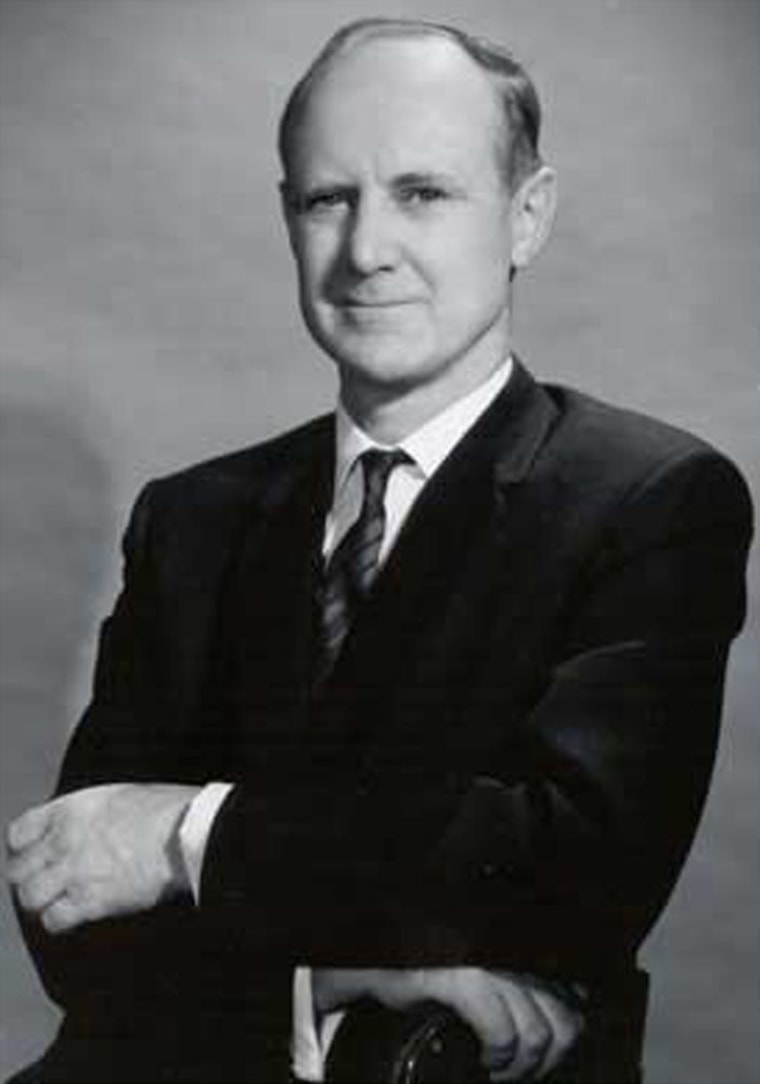William H. Pickering, who as director of the Jet Propulsion Laboratory at the dawn of the space age oversaw the launch of the first U.S. satellite, has died, lab officials said Tuesday. He was 93.
Pickering, who twice appeared on the cover of Time magazine, died of pneumonia Monday at his home in suburban La Canada Flintridge, JPL said.
“Dr. Pickering was one of the titans of our nation’s space program,” JPL director Charles Elachi said. “It was his leadership that took America into space and opened up the moon and planets to the world.”
Pickering headed JPL, for decades the center for the robotic exploration of the solar system, from 1954 to 1976.
Race with Soviets
A month after the October 1957 launch of Sputnik 1, which made the Soviet Union the first nation to send an artificial satellite into orbit around the Earth, Pickering was charged with matching the feat.
An Army-JPL team pulled it off in just 83 days, successfully launching Explorer 1 in January 1958. The launch upped the ante in the space race, played out against the backdrop of the Cold War, in which the Americans and Soviets engaged in a decades-long quest to achieve supremacy in space.
During Pickering’s tenure, JPL passed from Army to NASA control. It was his choice to maintain the lab’s focus on unmanned projects, according to his family.
Under his aegis, JPL scored a number of firsts in space. Among them was Mariner 2, which in 1962 flew past Venus to become the first spacecraft to visit another planet. Three years later, Mariner 4 obtained the first close-up pictures of Mars.
JPL also spearheaded during the 1960s the robotic Ranger and Surveyor missions to the moon, which paved the way for the later manned Apollo missions.
'Pioneering work'
“His pioneering work is the very foundation we have built upon to explore our solar system and beyond,” said Ed Weiler, NASA’s associate administrator for space science.
Pickering was born in Wellington, New Zealand, in 1910. He came to the United States in 1929 to study at the California Institute of Technology, where he eventually earned a Ph.D. in physics. He became a U.S. citizen in 1941.
He is survived by his wife, Inez Chapman Pickering, and a daughter, Elizabeth Pickering Mezitt. A son, William Balfour, died two days before Pickering, JPL said.
